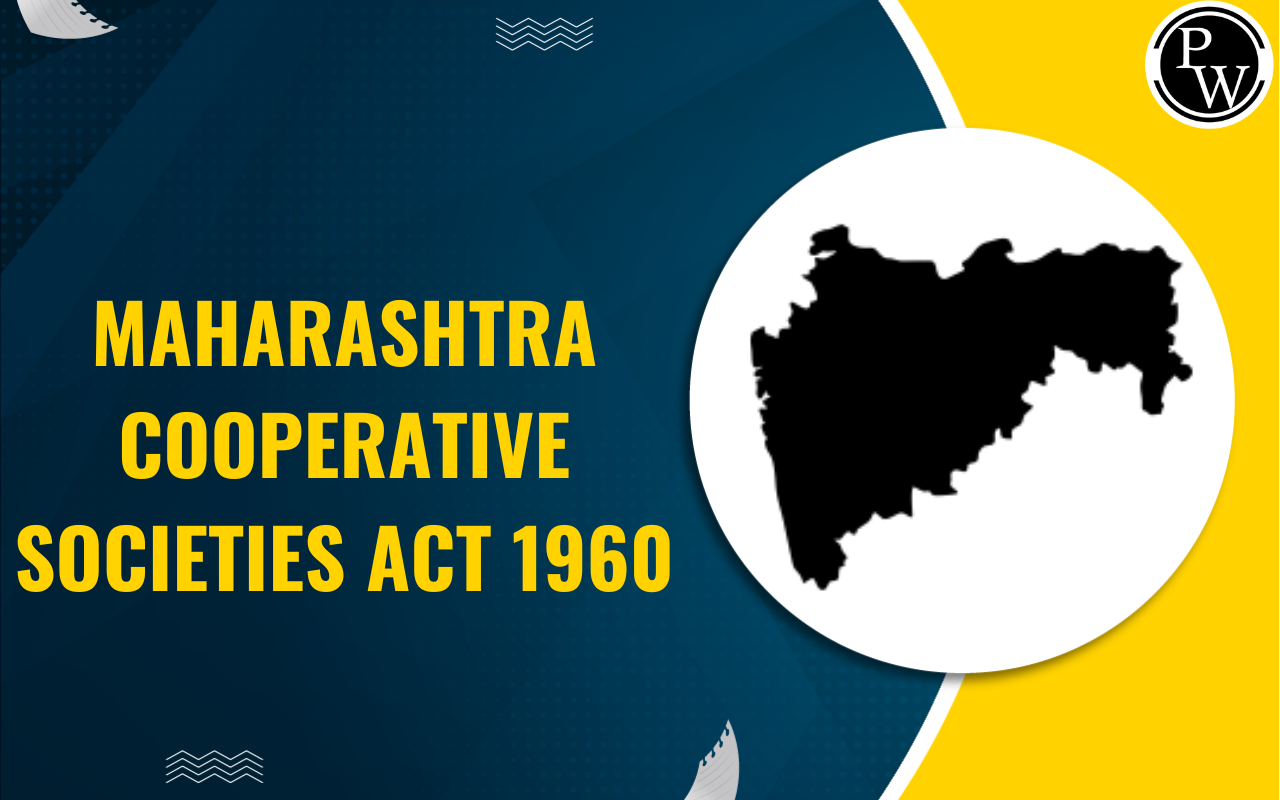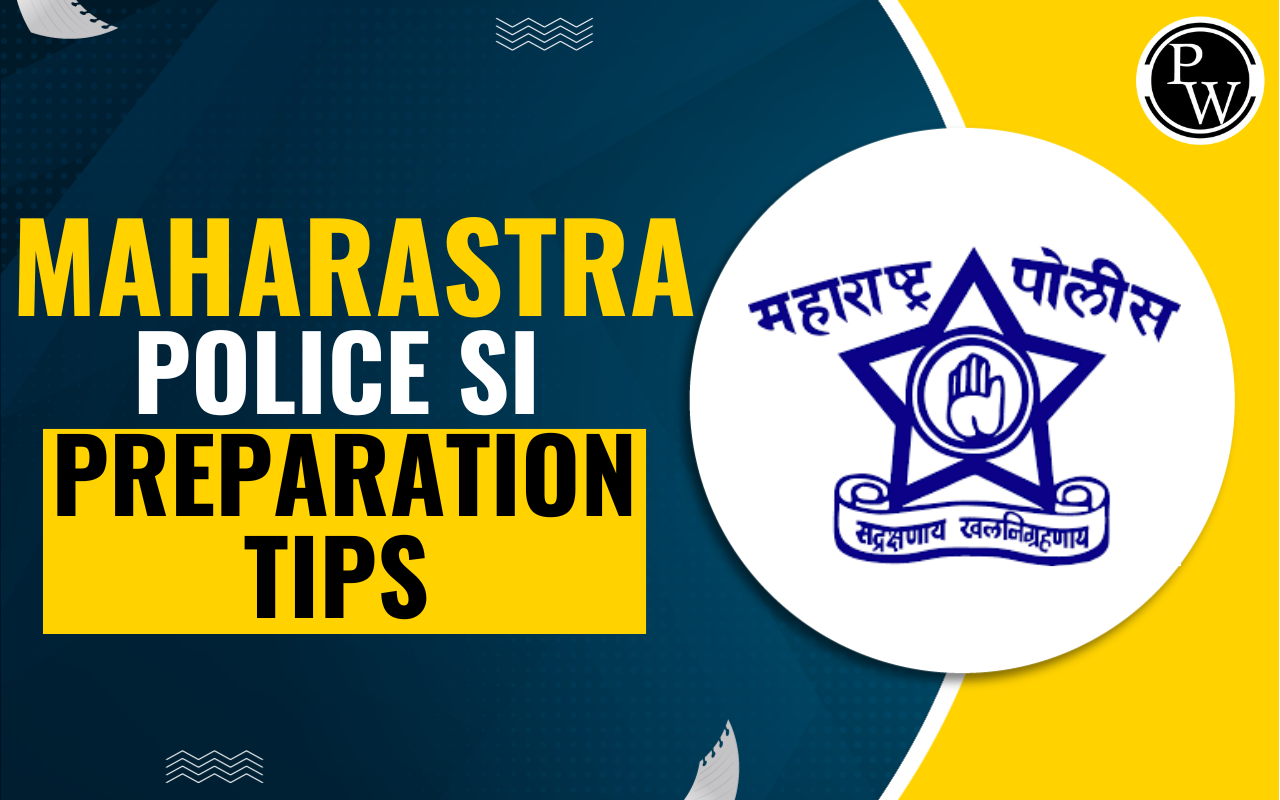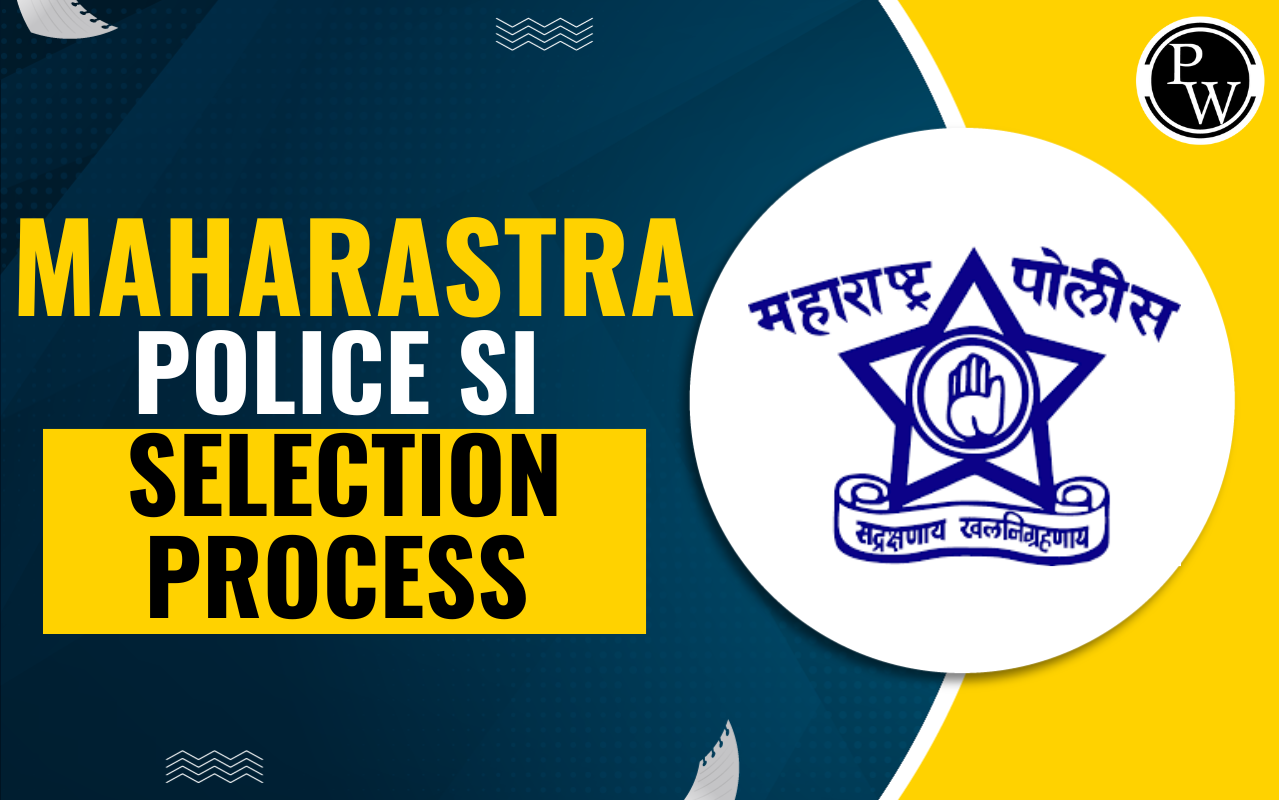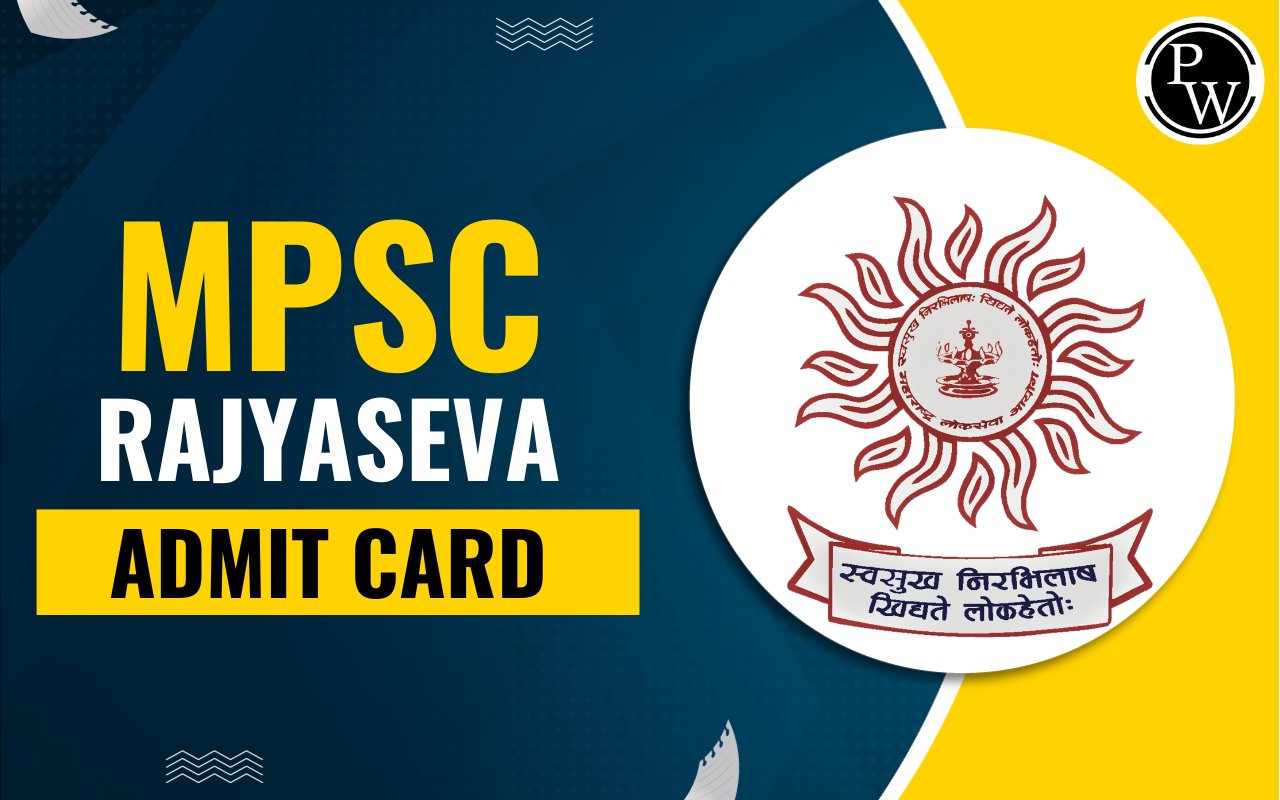
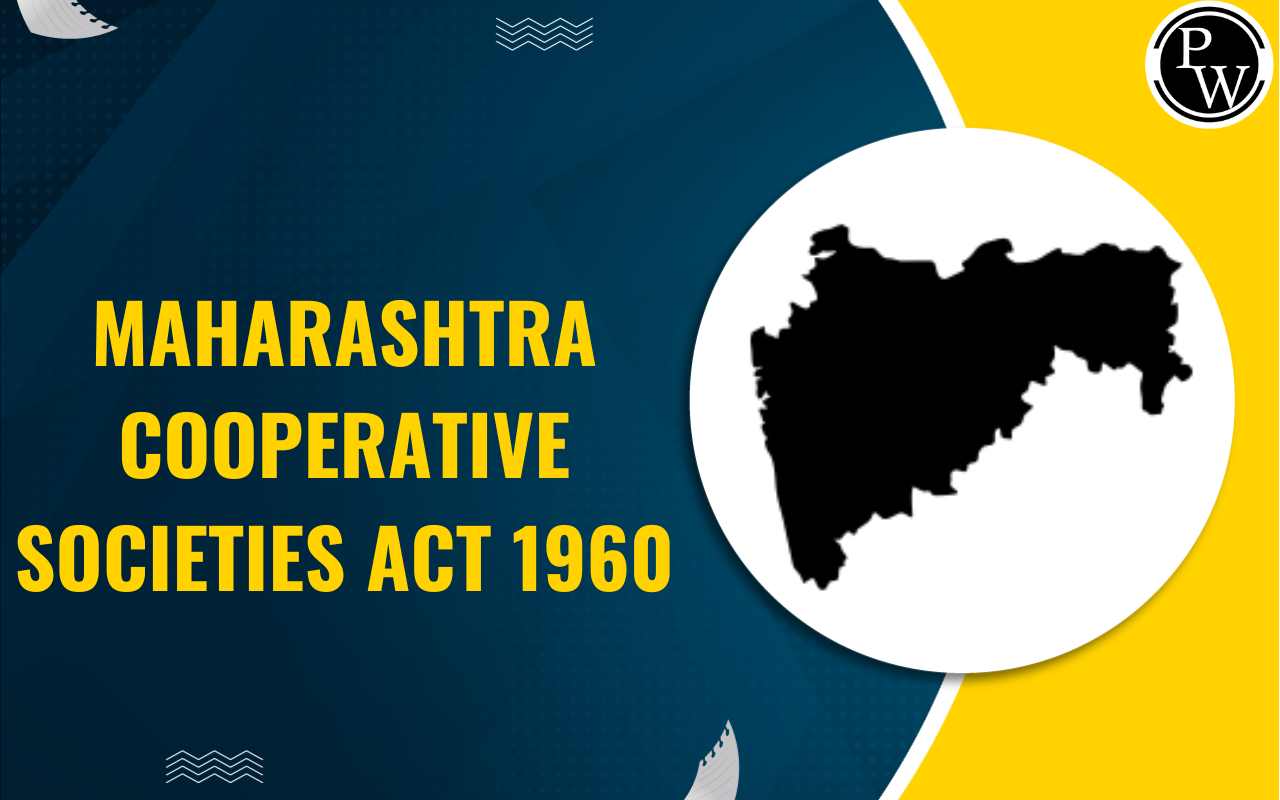
Amendment of Maharashtra Cooperative Societies ACT 1960: toThe Maharashtra Chief Minister has announced amendments to the Maharashtra Cooperative Societies Act, 1960, to improve the legal framework for cooperative societies and align it with economic and technological realities. These changes are set to impact over 1.25 lakh cooperative societies across the state, including housing, credit, agricultural, and urban cooperative banks.
Why Changes Are Needed
The Maharashtra Cooperative Societies Act, 1960, has helped form and run cooperative societies in the state. These societies have supported self-reliance and helped people work together, especially in villages and farming areas. But as times have changed, the government sees the need to improve the law to make it more transparent and fair.
Main reasons for the changes:
-
To keep up with new technology and modern ways of working.
-
To allow fair pricing of shares in cooperatives.
-
To make cooperatives more competitive and responsible.
-
To solve problems specific to different types of cooperatives with better laws.
Formation of Committee for Amendments
The Chief Minister has set up a special committee to study the Act and suggest the changes needed. This committee will talk to experts and people involved in different types of cooperatives like credit societies, housing groups, consumer cooperatives, and urban cooperative banks. The goal is to make sure the new rules are helpful for everyone and cover all important areas.
What is the Maharashtra Cooperative Societies Act, 1960
The Maharashtra Cooperative Societies Act is a law made by the state government. It helps in setting up, registering, and running cooperative societies in Maharashtra. These societies are groups where people work together for common goals like saving money, farming, or housing. The main aim of the Act is to support self-reliance and help people grow together as a group. Over the years, this law has been changed many times to improve how societies work. The most recent change was made in 2024, called the Maharashtra Co-operative Societies (Second Amendment) Act. These changes help the law stay updated with current needs and situations.
Maharashtra Government Created Tourism Security Force
What are Cooperative Societies
Cooperatives are groups where people join willingly to work together and make decisions as a team. The members control the group and take part in planning and running it. Some cooperatives, called multi-state cooperative societies, work in more than one state of India. Their main goal is to help poor and needy people through self-help and working together. These cooperatives work in many areas like farming, textiles, poultry, and selling products. They give people a chance to improve their lives by supporting each other and sharing resources.
Types of Cooperative Societies in India
Here are the types of cooperative societies in India:
-
Consumers' Cooperatives: These sell goods at fair prices by buying directly from producers, skipping middlemen. Example: Kendriya Bhandar.
-
Producers' Cooperatives: They help small producers by giving them raw materials and tools to make their products.
-
Cooperative Marketing Societies: These help small producers sell their products together and get better prices. Example: AMUL.
-
Cooperative Credit Societies: They offer banking services like saving money and giving loans. Examples: Urban Cooperative Banks, Village Service Societies.
-
Cooperative Farming Societies: These help small farmers work together like big farms to save money and grow more. Examples: Lift-irrigation cooperatives, pani-panchayats.
-
Housing Cooperative Societies: They help members get affordable homes by buying and developing land. Examples: Employees’ Housing Societies, Metropolitan Housing Cooperative Society.
Amendment of Maharashtra Cooperative Societies ACT 1960 FAQs
What is the Maharashtra Cooperative Societies Act, 1960?
What are the latest amendments to the Act?
Why were these amendments introduced?
What is the purpose of forming a committee for amendments?

